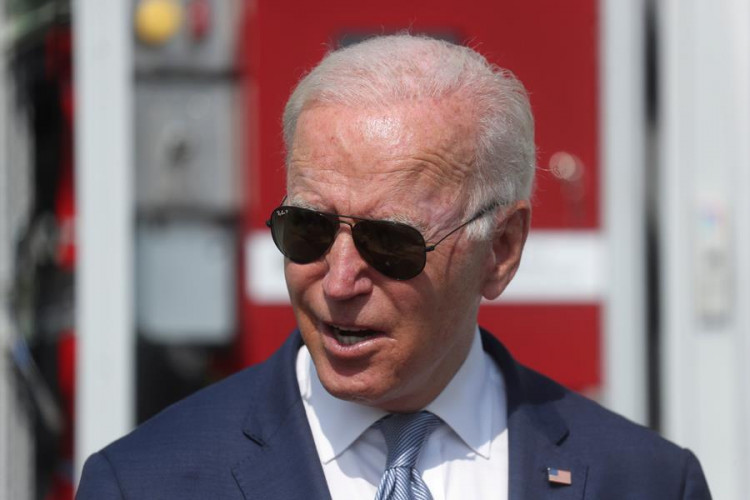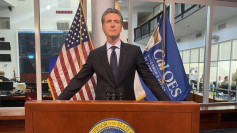President Joe Biden stated that while focused on repairing a weakening democracy at home, the main issue for the United States in the upcoming years would be "outcompeting China and restraining Russia."
A long-delayed national security policy that attempts to curb China's ascent while reiterating the significance of collaborating with partners to address difficulties facing democratic nations was released by the White House.
Every new administration is required to publish a 48-page national security strategy, and President Biden made it clear that he was more concerned about China's efforts to "layer authoritarian governance with a revisionist foreign policy" than he was about a faltering, battered Russia in the long run.
The 48-page report, which was delayed by Russia's invasion of Ukraine, does not represent a significant paradigm change or the establishment of any significant new foreign policy ideas. Instead, it emphasizes the idea that US leadership is essential for combating global concerns like the growth of authoritarianism and climate change.
The most significant threat to the international order, even after Russia's invasion, is China, according to the strategy, and the US must prevail in the economic arms race with the superpower to keep its hold on the world stage.
Biden faces new issues brought into clearer focus by Russia's actions, including fraying relations with longtime ally Saudi Arabia and India's reliance on Russian energy. He has yet to resolve some important foreign policy debates, including tariffs on Chinese goods established by his predecessor Donald Trump that cost US importers billions.
The U.S. is "reevaluating" its relationship with Saudi Arabia, according to National Security Advisor Jake Sullivan, who mirrored remarks made by President Joe Biden this week. This comes after OPEC+ stated last week that it will lower its oil output target over US concerns.
Former U.S. President Barack Obama's senior diplomat for East Asia, Daniel Russel, said the plan was in line with Biden's principles of internal rejuvenation, bolstering allies and democratic institutions, and striking a balance between cooperation and competitiveness.
The national security policy is a combination of direction, a signal of intent to allies and adversaries, and, frequently, a self-celebratory ode to American might for every administration. The "pre-emption" that President George W. Bush established was well-known for helping his administration justify the invasion of Iraq.
In addition to advocating for a shift toward a nuclear-weapons-free world, Mr. Obama also called for an increase in American soft power to combat illness and global poverty.
In contrast to other strategies, Mr. Biden's strategy document goes deeply into the operation of American democracy. The statement in the document reads, "As Americans, we must all agree that the people's verdict, as expressed in elections, must be respected and protected."





